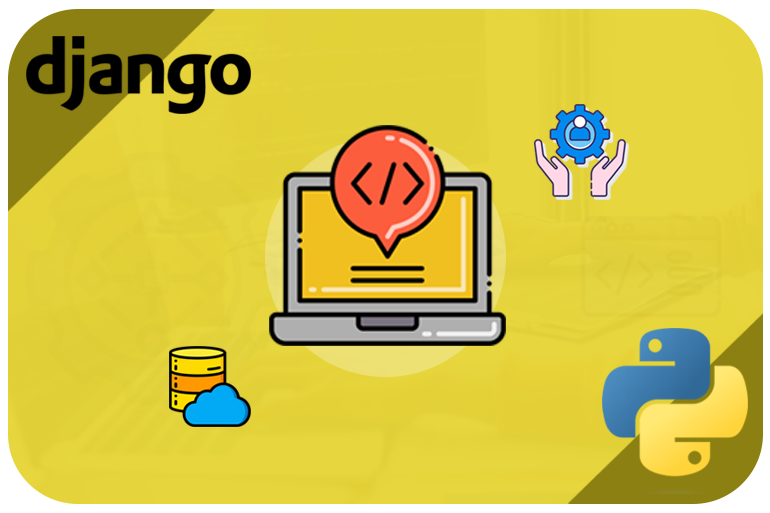Rise by Six: Your Daily Dose of Inspiration
Explore insights and stories that elevate your day.
Django: The Framework That Turns Ideas into Web Wonders
Unlock your creativity with Django! Discover how this powerful framework transforms your ideas into stunning web applications today!
Getting Started with Django: A Beginner's Guide to Building Web Applications
Django is a high-level Python web framework that simplifies the process of building robust and scalable web applications. If you're a beginner looking to get started with Django, it's important to understand its key components and architecture. First, familiarize yourself with the core concepts such as models, views, and templates. Models define the structure of your database, views handle the logic behind web requests, and templates manage the presentation of your data. By mastering these fundamental elements, you will be well on your way to developing your first application.
To kick off your journey in developing web applications with Django, follow these essential steps:
- Install Django: Use pip to install Django in your Python environment by running
pip install Django. - Create a Project: Initialize your project by executing
django-admin startproject projectname. - Develop Your Application: Within your project, create a new app with
python manage.py startapp appname. - Configure URLs: Set up your URL patterns to connect views to specific endpoints.
- Run the Server: Use
python manage.py runserverto launch your application and see it in action!
Building web applications with Django not only enhances your programming skills but also opens up numerous opportunities in the tech industry.

10 Reasons Why Django is the Best Framework for Your Next Project
Django is an exceptional framework that significantly speeds up the development process, allowing developers to focus on building their applications instead of getting bogged down by repetitive tasks. Its built-in features, such as an admin panel, authentication, and scalable architecture, make it an ideal choice for your next project. The framework adheres to the DRY (Don't Repeat Yourself) principle, which not only ensures clean code but also promotes efficiency and maintainability.
Another compelling reason to choose Django is its robust security features. It comes with protection against many security threats, including SQL injection, cross-site scripting, and cross-site request forgery. Django's security practices help developers safeguard their applications without extensive additional work. Additionally, the strong community support and extensive documentation contribute to making troubleshooting and learning more manageable, enhancing the overall development experience.
How Django Handles Security: Protecting Your Web Applications from Threats
Django is designed with security in mind, incorporating various built-in protections against common web application vulnerabilities. One of the key features is its use of Cross-Site Request Forgery (CSRF) protection, which helps to prevent unauthorized commands being transmitted from a user that the web application trusts. Additionally, Django automatically escapes data in templates to defend against Cross-Site Scripting (XSS) attacks, ensuring that potentially harmful code cannot be executed. Developers can also take advantage of the Content Security Policy (CSP) tools provided by Django, which allow for fine-grained control over the resources that can be loaded by web applications.
Another critical aspect of Django's security framework is its built-in authentication system, which includes a robust user management system, password hashing, and support for two-factor authentication. The framework encourages best practices such as using HTTPS to encrypt data in transit and providing mechanisms for securely managing user sessions. Furthermore, Django's regular security updates and comprehensive documentation ensure that developers have the resources they need to stay ahead of potential threats. By leveraging Django's security features, developers can build resilient web applications that safeguard sensitive data and maintain trust with their users.